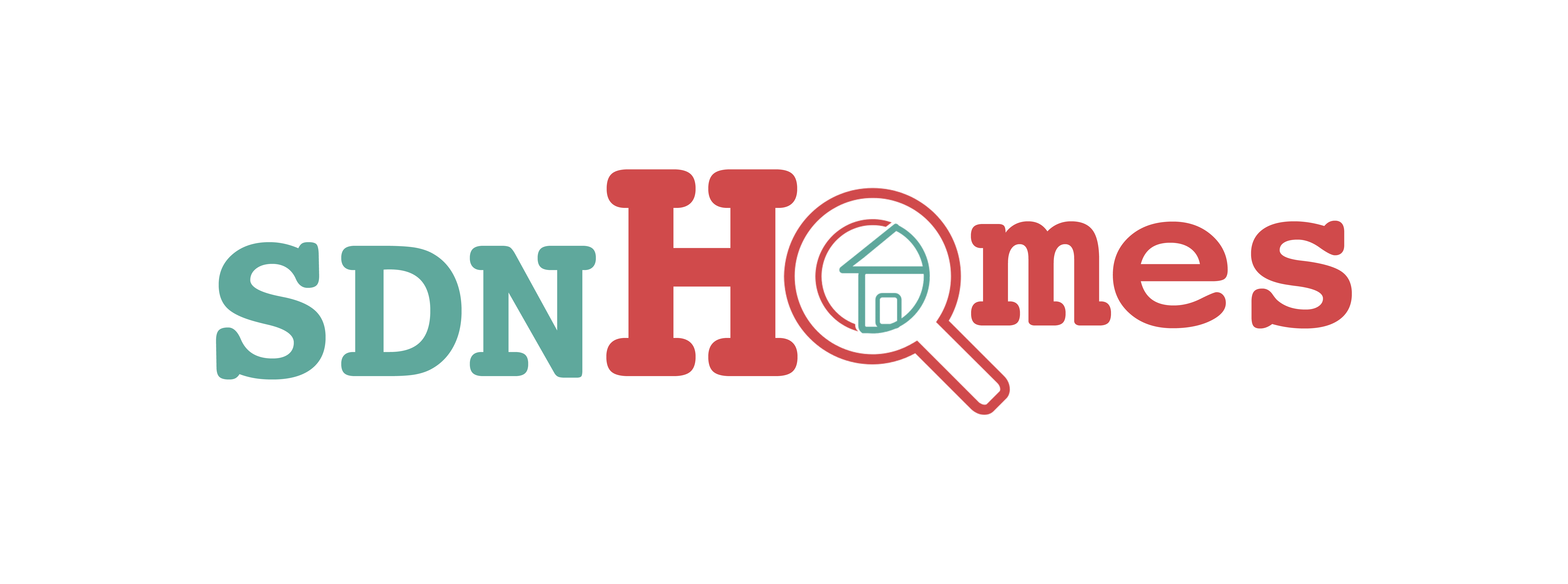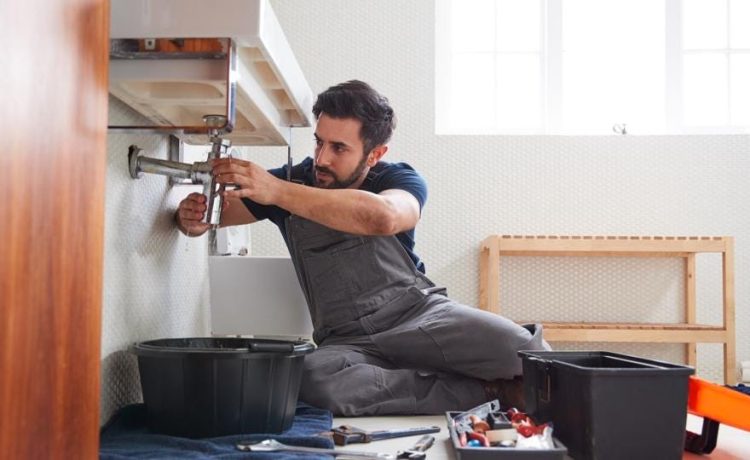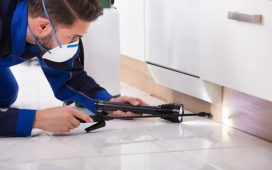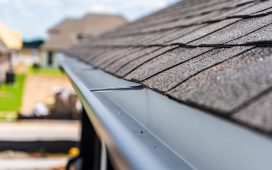In residential apartment blocks as well as high-rise buildings, plumbing is frequently one of the systems that is neglected the most. It’s one thing to fix a running toilet or a leaky faucet in your own home; however, if you own a property management business, plumbing issues can have significant financial and business consequences. It doesn’t matter if you run a school, an office building, an apartment complex, or a healthcare facility—you will always encounter plumbing problems that send emails to your inbox. What’s more, for good explanation – flawed plumbing frameworks can influence the property in numerous ways, from saturating the structure with undesirable scents, assisting mould with creating in specific spots by making dampness, to corrupting the generally speaking primary uprightness of the structure.
There are certain things that you should know about plumbing. They are as follows –
Automatic Leak Detector –
There is a possibility that pipes, sinks, taps, and other items will eventually weaken and begin to leak. Since some property managers leave pipes in disrepair for a long time, it is essential to eventually install new ones. Determine the extent of the damage to the sinks and pipes and, if necessary, repair or install new ones. In the event of a water-related accident, replacing old pipes is more cost-effective from a business perspective than completely renovating the interior. You can have a qualified plumber look over your water system and make any necessary upgrades. Think about putting in the most recent systems that can find property leaks.
Water Strain –
Water pressure is another pipes perspective that specialists ought to take note. The average household’s water pressure should be less than 80 psi. When it comes to larger structures like high-rises and other public buildings, the situation changes. Pumps are needed in buildings with more than eight stories to transport water to water tanks on the upper floors. This framework is intended to guarantee that water is dispersed similarly among all floors without forfeiting the degree of water pressure. In contrast, one of the primary causes of water-related accidents in all kinds of buildings, particularly smart homes, is high water pressure. Furthermore, flooding damages are even more expensive to repair because of advancements in plumbing and construction technology.
Submeter –
Submetering is the most practical method for large structures like high-rise buildings. A complicated system called a submeter lets landlords, condominium associations, landlords, or other legal entities that manage buildings charge tenants for their own consumption. Preventative measures are always less expensive than dealing with problems after they arise. Ensure that everything is installed correctly is one way to avoid plumbing accidents. Two of the most common causes of damage to the building are leaky pipes and improperly installed plumbing traps for urinals. Consequently, regular retightening and examinations are essential.
Turning Off the Water Supply Valve –
Toilets share the same situation. If you’re getting complaints about broken toilets, replacing them instead of patching them up is cheaper in the long run. Appliances for the plumbing industry Every sink and toilet in a given building has a shut-off valve that makes it possible to turn off the water supply. Take a tour of the property, locate the flaps, and learn how to turn off the water supply in the event that toilets burst at night and there is no one there to help. Also, figure out where the primary water valve is and how to use it. Knowing how to control or shut off the water supply will prevent further damage in the event that you need to do so.



















